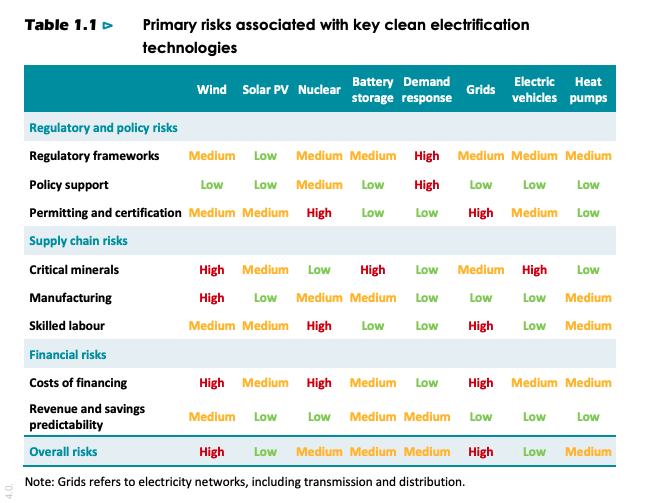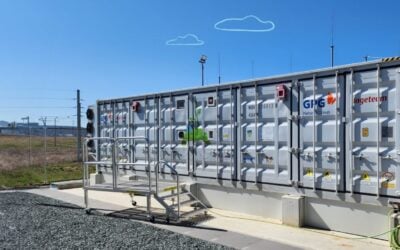
Only half of the energy storage needed to properly integrate the potential solar PV additions made globally by 2030 will be deployed based on current policies, the International Energy Agency (IEA) said in its World Energy Outlook report for 2023.
The IEA’s flagship report compared two scenarios for clean energy deployments: the Stated Policies Scenario (STEPS), based on current policies, and the Net Zero Emissions by 2050 (NZE) Scenario, which covers policies needed to reach net zero by that year.
Enjoy 12 months of exclusive analysis
- Regular insight and analysis of the industry’s biggest developments
- In-depth interviews with the industry’s leading figures
- Annual digital subscription to the PV Tech Power journal
- Discounts on Solar Media’s portfolio of events, in-person and virtual
“Scaling up battery storage would be crucial in most cases to improve the alignment of solar PV output with electricity demand patterns and system needs,” the report said.
“In the NZE Solar Case, utility-scale battery deployment in 2030 is close to double the level in the
STEPS. Measures to modernise and expand networks, facilitate demand response and boost
power system flexibility would also be necessary.”
In the NZE scenario, deployments are close to 200GW, while in the STEPS scenario it is only around 100GW.
The report also contained a table detailing the major risks associated with each segment of the clean energy transition, with battery storage having a high “critical minerals” risk, with low-to-medium ones elsewhere.
Including electric vehicles, demand for lithium is set to grow five-fold by 2030 under the STEPS scenario and sevenfold in the Announced Pledges Scenario, the middle scenario between STEPS and NZE.

For a deep-dive into the solar figures in the IEA’s report read coverage on our sister site PV Tech here.






